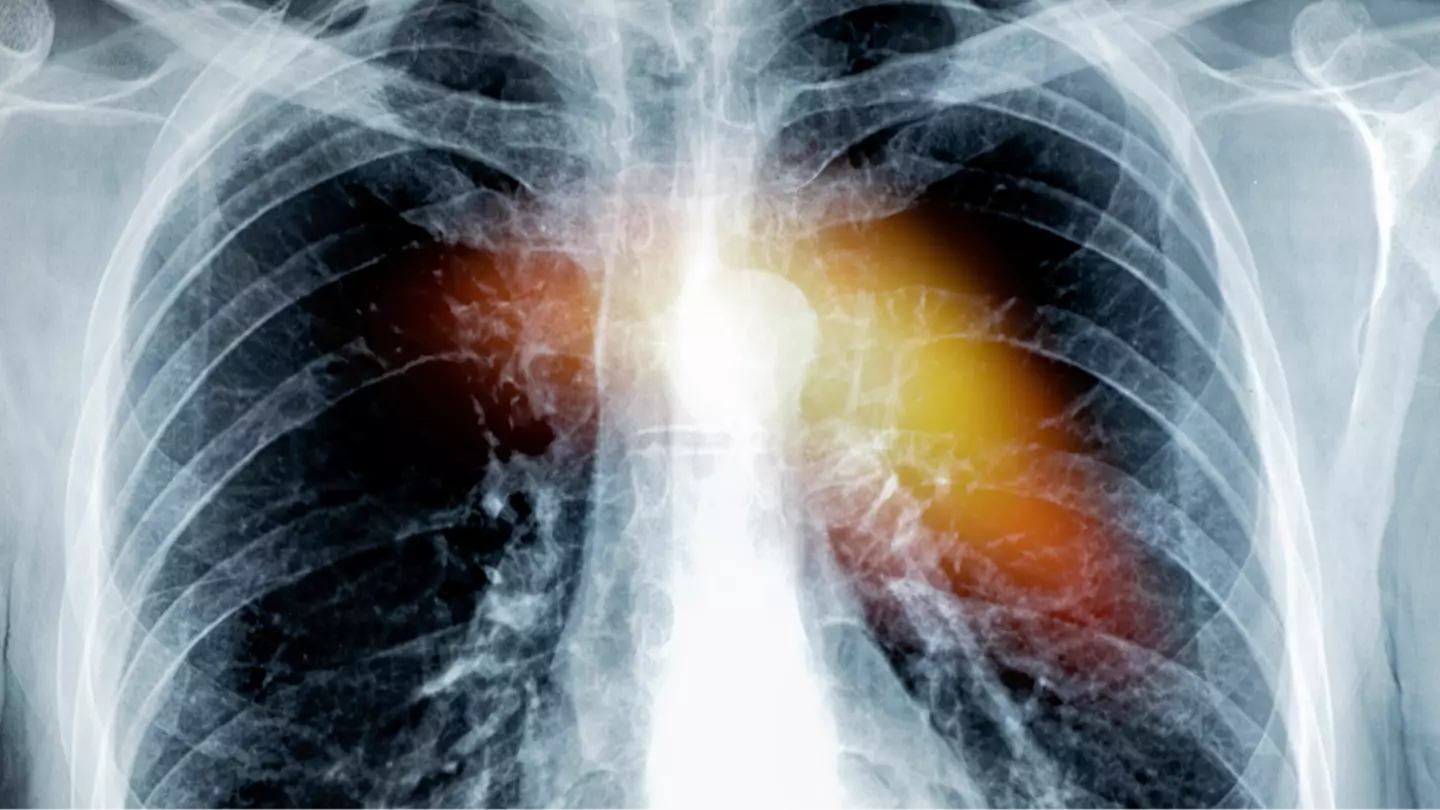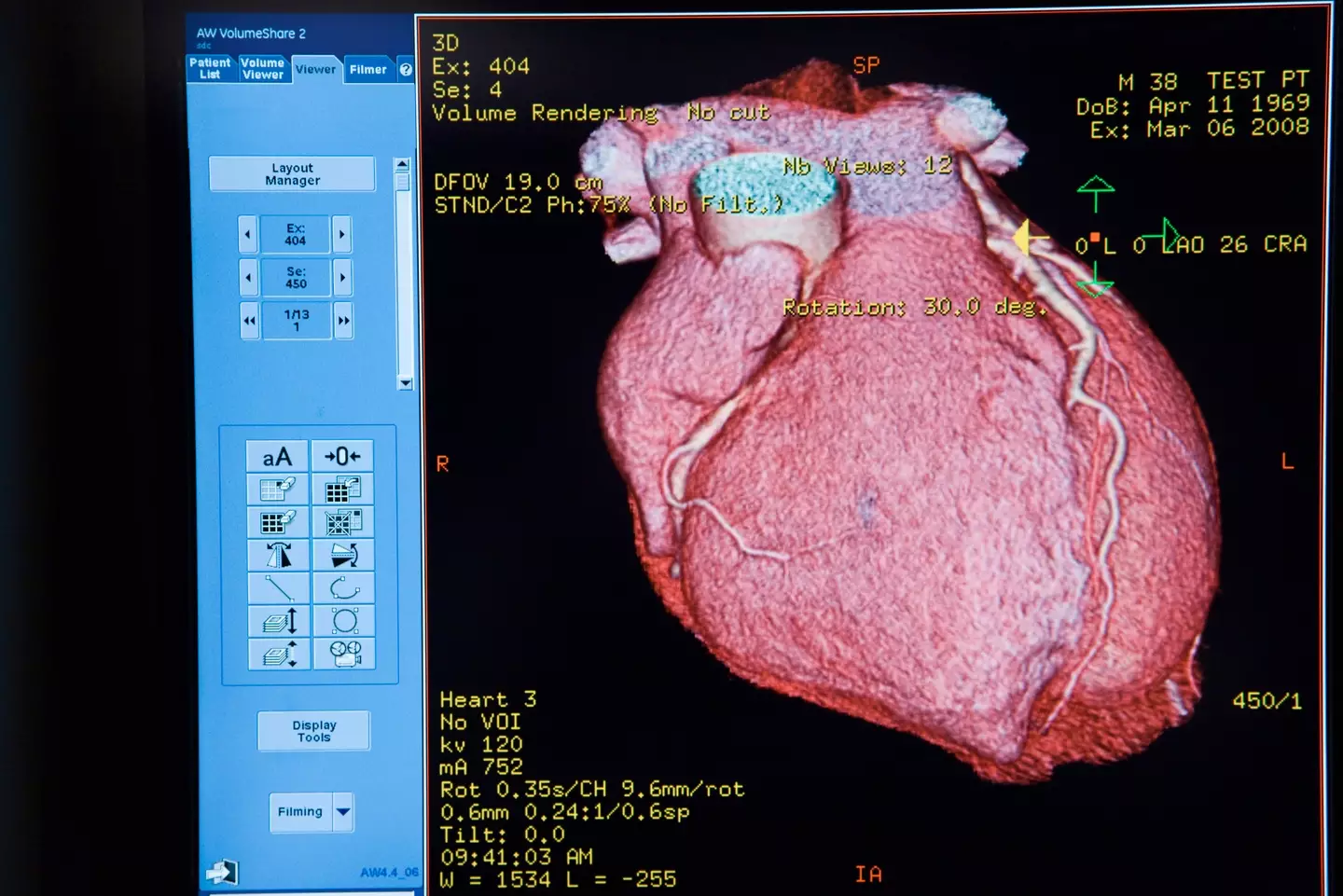
Some people may never realise they were born with a heart defect causing them to have a 'hole' in their heart.
Medically known as atrial septal defect (ASD), this congenital heart defect can go undetected for years, given than most symptoms can go unnoticed or attributed to other conditions, or fatigue.
When someone has ASD, it means they were born with a hole in their atrial septum, which is the wall separating the two upper chambers of the heart, known as 'atria'.
As a result, the oxygen-rich and the oxygen-poor blood end up getting mixed up.
Advert
ASD may be hard to spot. Often the only indicator at birth of ASD is an unusual sound in the heartbeat called a murmur, a whooshing or swishing sound which is caused by choppy, irregular blood flow through the heart.

ASD could be tricky to identify. Other than your doctor hearing a murmur during a routine checkup with a stethoscope, ASD could be picked up during an ECG, but the echocardiogram is normally the more accurate test to diagnose this heart defect.
In children, ASD can only show mild symptoms such as breathless when the child is active, according to the British Heart Foundation.
Advert
Other possible symptoms include shortness of breath when exercising, tiredness after activity, swelling of the legs, feet or belly, irregular heartbeat and heart palpitations, according to Mayo Clinic.
Symptoms sometimes do not begin until adulthood, and you should consult your doctor if you experience any of the above.
If left undetected, ASD can cause permanent damage to the heart and lungs. It also increases the risk of a stroke, early death and high blood pressure in the arteries to the lungs.
According to the British Heart Foundation, there is currently no medication that will make the ASD smaller or close any faster than it naturally can. ASDs can only be fixed through surgery.
Advert
These surgeries will close the hole and could be of two types, keyhole - a less invasive surgical procedure performed through small incisions in the chest area - or open heart.

The British Heart Foundation explains that most children diagnosed with ASD will go on to lead completely normal lives after treatment.
They said: "There is no need to restrict your child’s physical activity and no special precautions are necessary."
Advert
The American Heart Association also says most children require no further treatment after surgery, explaining: "Depending on the type of ASD, your child's pediatric cardiologist may examine your child periodically to look for uncommon problems.
"For a short time after surgery to close an ASD, a pediatric cardiologist must regularly examine the child.
"The long-term outlook is excellent, and usually no medicines and no additional surgery or catheterization are needed."
Topics: Health
